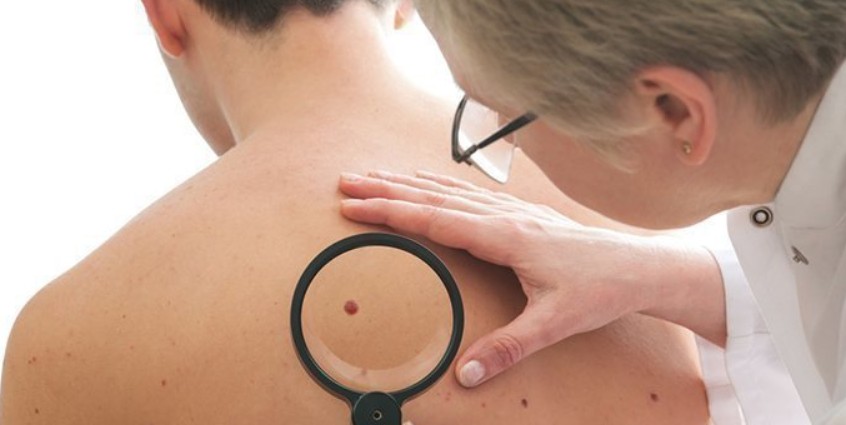The keto diet has been gaining a lot of popularity lately, but it’s not always easy to know where to start. If you’re thinking about giving the keto diet a try, there are a few things you should know first. In this blog post, we will explore 8 things you need to know about the keto diet. From what to eat and what to avoid, to how to transition into ketosis and how to maintain your results, this post will give you all the information you need to get started on your keto journey.
What is the keto diet?
keto x3 rogueshul.com diet is a low-carb, high-fat diet that has been shown to help people lose weight and improve their health. The diet involves cutting back on carbohydrates, replacing them with healthy fats, and then eating a moderate amount of protein. This allows your body to burn fat for energy, which can lead to weight loss.
What are the benefits of the keto diet?
The keto diet has many potential benefits. For example, it may help you lose weight, lower your blood sugar levels, and improve your overall health.
Some people also find that the keto diet helps them to feel more energetic and mentally clear. Additionally, the keto diet may help to reduce inflammation in the body and improve symptoms of certain medical conditions.
If you are considering starting the keto diet, it is important to speak with your healthcare provider first to ensure that it is right for you.
What are the risks of the keto diet?
When it comes to the keto diet, there are a few potential risks that you should be aware of. First and foremost, if you have any underlying medical conditions, it’s important to speak with your doctor before starting the diet. That said, here are a few of the most common risks associated with the keto diet:
1. Hypoglycemia: When you drastically reduce your carb intake, your blood sugar can drop to dangerous levels. This is especially true if you’re taking medications for diabetes.
2. Ketosis: When your body starts breaking down fat for energy, ketones are produced. If these levels get too high, they can be toxic to the brain and cause serious health problems.
3. Kidney stones: The high levels of protein in the diet can increase the risk of kidney stones.
4. Nutrient deficiencies: Without carbohydrates, you may not be getting enough vitamins and minerals from fruits and vegetables.
What foods can you eat on the keto diet?
There are a variety of food options available to those on the keto diet. This includes meat, fish, vegetables, dairy, and nuts.
Those on the keto diet should aim to consume mostly fats and protein, with only a small amount of carbohydrates. This means that meals should be high in healthy fats, such as olive oil, avocados, and coconut oil. Protein sources should include grass-fed beef, chicken, and wild-caught fish. Vegetables that are allowed on the keto diet include leafy greens, broccoli, and cauliflower. Dairy products that are allowed include full-fat yogurt, cheese, and butter. Finally, nuts and seeds are also allowed on the keto diet.
What foods should you avoid on the keto diet?
When following a keto diet, there are certain types of foods that you should avoid in order to stay in ketosis. These include high-carbohydrate foods such as bread, pasta, rice, and potatoes. Other foods to avoid include sugary drinks, fruit juices, and processed snacks. Instead, focus on eating low-carbohydrate vegetables, healthy fats, and protein-rich foods.
How do you know if the keto diet is right for you?
The keto diet is a high-fat, low-carbohydrate diet that can help you lose weight and improve your health. But how do you know if it’s the right diet for you?
Here are some things to consider when deciding if the keto diet is right for you:
Your goals: The keto diet can help you lose weight, but it’s not for everyone. If your goal is to lose weight, then the keto diet may be right for you. But if your goal is to improve your health, then you may want to consider another diet.
Your health: The keto diet may not be right for you if you have certain medical conditions, such as diabetes or heart disease. Talk to your doctor before starting any new diet.
Your lifestyle: The keto diet can be difficult to follow if you have a busy lifestyle. If you’re always on the go, then the keto diet may not be right for you.
Are there any alternatives to the keto diet?
The keto diet is not for everyone. Some people may feel better on a different type of diet, such as the Paleo diet or the Atkins diet. There are also other low-carb diets that can be effective, such as the South Beach diet or the Zone diet.
Conclusion
If you’re considering starting the keto diet, there are a few things you should know before diving in. The keto diet is a high-fat, low-carbohydrate diet that can help you lose weight and improve your overall health. However, it’s important to understand the potential risks and side effects of the diet before starting it. With this article, we hope to provide you with everything you need to know about the keto diet so that you can make an informed decision about whether or not it’s right for you.


